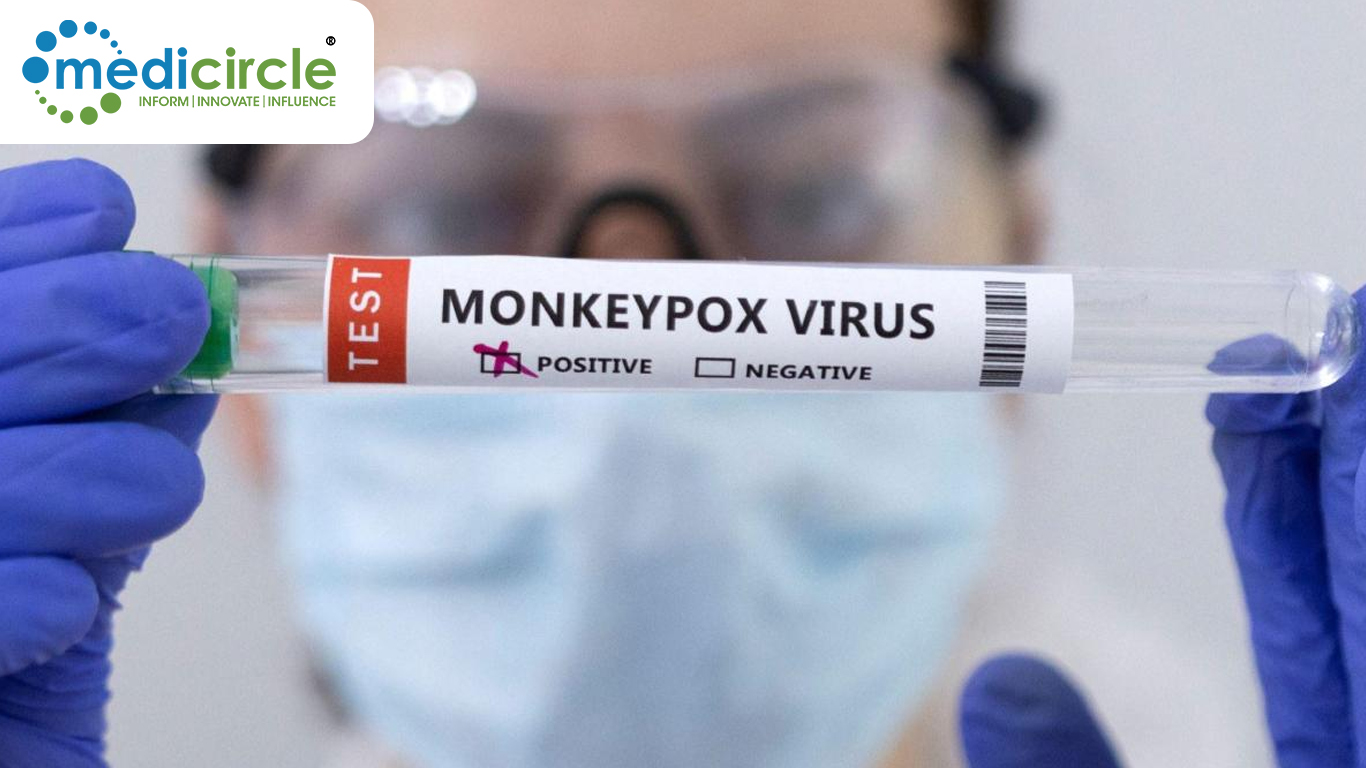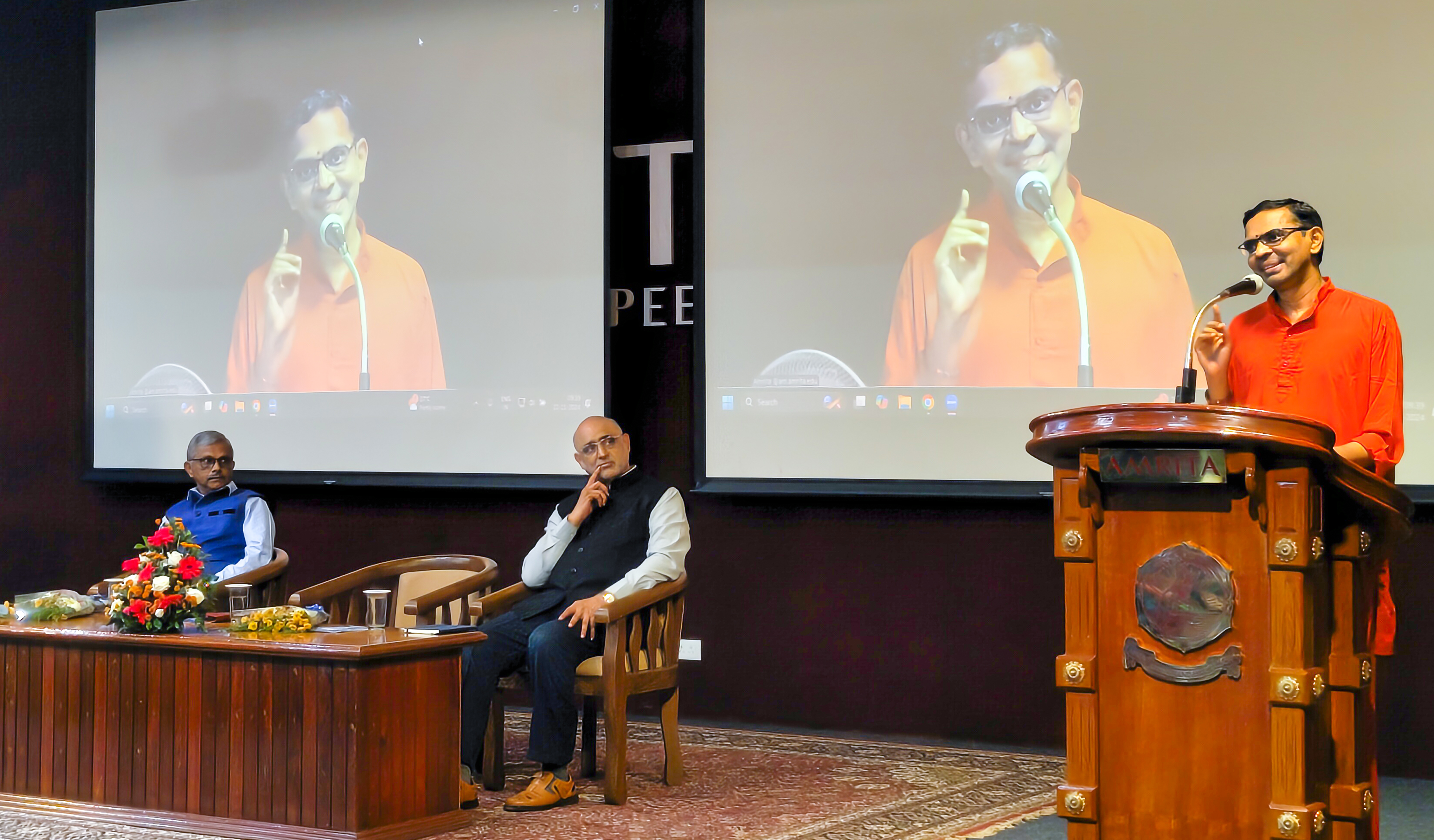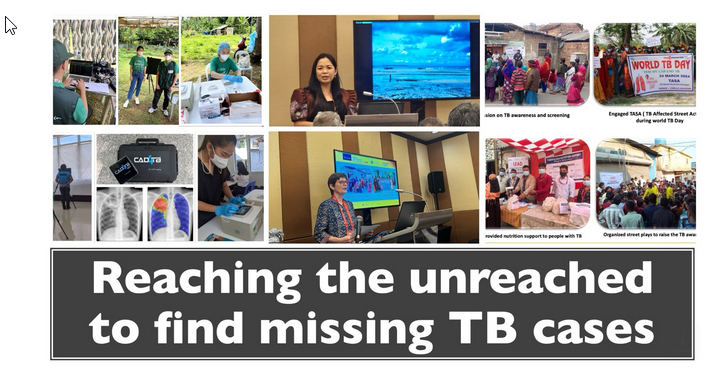In recent years, the world has been forced to juggle with various infectious diseases, some of which were previously thought to be under control. One such disease, Mpox (formerly known as monkeypox), has resurfaced as a major global concern, and India has not been spared. The Malappuram district of Kerala has confirmed a fresh case of Mpox, reminding us of the need for vigilance in managing public health threats.
On a routine day in Kerala’s Malappuram district, a 38-year-old man who had recently returned from the United Arab Emirates began experiencing symptoms that led him to seek medical attention. He was swiftly admitted to a local hospital, where tests confirmed what health officials had feared—he had contracted Mpox. Kerala’s Health Minister, Veena George, took immediate action, announcing the case publicly and urging anyone showing symptoms, especially those returning from abroad, to report to the nearest healthcare facility.
This recent case is a stark reminder that Mpox is no longer an issue confined to specific regions of Africa, where it has been endemic for years. The virus has reemerged globally since 2022, with cases being reported in countries that had never before dealt with such outbreaks.
What is Mpox?
Mpox, a zoonotic virus, was first identified in humans in the 1970s, primarily in Central and West Africa. It is transmitted to humans through close contact with infected animals or through the bodily fluids of an infected person. While the disease shares some similarities with smallpox, it is generally less severe, although it can still lead to serious complications in certain populations, particularly in people with weakened immune systems, young children, and pregnant women.
The virus causes symptoms such as fever, rash, headaches, muscle aches, swollen lymph nodes, and exhaustion. One of its hallmark features is the development of a distinctive rash that often starts on the face before spreading to other parts of the body. The disease typically runs its course in two to four weeks, but complications can occur, making it essential for individuals to seek medical help as soon as symptoms appear.
Mpox was once considered a localized health issue in specific parts of Africa, but by 2022, the disease had become a global concern. Several factors have contributed to the wider spread of Mpox. Global travel, urbanization, and changes in animal habitats have all increased the chances of the virus spreading to new areas. Additionally, weakened public health systems in some countries have struggled to contain the virus once it crosses borders.
In the case of the recent outbreak in Kerala, the patient had returned from the UAE, a country that has seen a rise in Mpox cases. This highlights the global nature of the disease and the importance of strict health monitoring for international travelers. As travel restrictions ease and people move more freely across borders, it becomes increasingly crucial for countries to implement effective screening and monitoring systems to prevent the spread of diseases like Mpox.
The Kerala government has been swift in its response to the confirmed Mpox case. Health Minister Veena George has stressed the importance of individuals reporting any symptoms early. Her message is clear: those who suspect they may have been exposed to the virus, especially travelers returning from countries with reported cases, should not delay in seeking medical attention.
Hospitals in Kerala are now on high alert, with isolation wards and treatment facilities being set up to manage potential cases. George also confirmed that all medical colleges across the state have been equipped to treat patients showing Mpox symptoms. This coordinated effort is aimed at preventing further spread of the virus while ensuring that those infected receive prompt and adequate care.
One of the biggest challenges in controlling the spread of infectious diseases like Mpox is ensuring that the public is adequately informed. Early symptoms of Mpox, such as fever and fatigue, are similar to those of other viral infections, making it easy for people to dismiss them as common illnesses. The presence of a rash is often what differentiates Mpox from other conditions, but by the time the rash appears, the virus may already have been transmitted to others through close contact.
Public health campaigns, such as those launched by the Kerala Health Department, play a critical role in raising awareness about the symptoms of Mpox and encouraging people to seek medical care without delay. For diseases like Mpox, early detection is key to controlling outbreaks and minimizing their impact on the community.
The reemergence of Mpox on the global stage in 2022 serves as a reminder that the world is not immune to the spread of infectious diseases. The COVID-19 pandemic showed us just how interconnected our world is, and Mpox is now posing a similar threat, albeit on a smaller scale. As countries around the world continue to recover from the effects of COVID-19, health systems are still vulnerable to outbreaks of new or re-emerging diseases.
Mpox, like other zoonotic diseases, highlights the importance of strengthening global health infrastructure. The World Health Organization (WHO) and other global health bodies have been working to provide guidance and support to countries dealing with Mpox outbreaks. They stress the importance of coordinated efforts between nations to contain the virus and prevent it from becoming a more widespread issue.
As in the case of Kerala’s recent Mpox diagnosis, international travel plays a significant role in the spread of diseases across borders. With millions of people traveling between countries every day, viruses that were once confined to specific regions can now spread rapidly. This makes airport screening, health declarations, and traveler monitoring essential tools in the fight against infectious diseases.
Governments must also invest in public health systems that can respond quickly to emerging threats. Early detection, isolation, and treatment are critical in preventing the rapid spread of diseases like Mpox. Countries that have strong healthcare infrastructures, as well as the ability to mobilize resources quickly, are better positioned to handle such outbreaks.
Preventing the spread of Mpox requires a multi-pronged approach. Public health officials recommend several key measures that can help control the virus and protect vulnerable populations. These include:
1. Vaccination: While there is no specific vaccine for Mpox, the smallpox vaccine has been shown to offer protection against the virus. High-risk individuals, such as healthcare workers and those who may have been exposed to the virus, should consider getting vaccinated.
2. Early Reporting and Isolation: Individuals who suspect they have been exposed to Mpox or who are experiencing symptoms should seek medical attention immediately. Isolating infected individuals can help prevent the spread of the virus to others.
3. Enhanced Hygiene Practices: Good hygiene practices, including regular handwashing and avoiding close contact with infected individuals, can reduce the risk of contracting Mpox. Public health campaigns should focus on promoting these practices in communities where outbreaks have occurred.
4. Monitoring and Surveillance: Governments must implement robust surveillance systems to monitor the spread of Mpox, particularly in regions with frequent international travel. Early detection is crucial in containing outbreaks before they escalate.
As the recent case in Kerala demonstrates, India is not immune to the global resurgence of Mpox. However, with prompt action from health authorities and strong public awareness campaigns, it is possible to contain the virus and prevent widespread transmission. Kerala, in particular, has a well-developed healthcare system that has been tested by numerous infectious disease outbreaks in the past. This positions the state to manage the Mpox threat effectively.
In the long term, India and other countries must remain vigilant in the face of emerging infectious diseases. As our world becomes more connected through travel and trade, the risk of zoonotic diseases crossing borders will only increase. Strengthening public health systems, improving global cooperation, and raising awareness are all essential steps in the fight against Mpox and other infectious diseases.
This case is a stark reminder of the challenges posed by infectious diseases in an interconnected world. While the virus remains relatively rare compared to other global health threats, its reemergence highlights the importance of early detection, rapid response, and public awareness.
Governments, healthcare providers, and the public must work together to contain Mpox and prevent further outbreaks. With the right measures in place, we can protect our communities from this virus and ensure a healthier, safer future for all.

 The reemergence of Mpox on the global stage in 2022 serves as a reminder that the world is not immune to the spread of infectious diseases.
The reemergence of Mpox on the global stage in 2022 serves as a reminder that the world is not immune to the spread of infectious diseases.










.jpeg)







.jpg)







.jpg)




